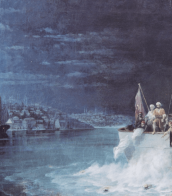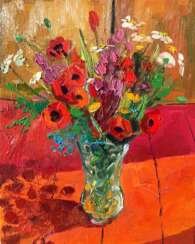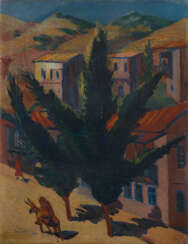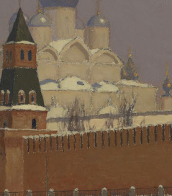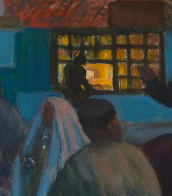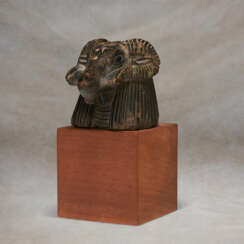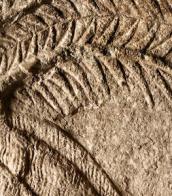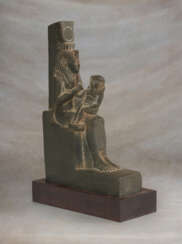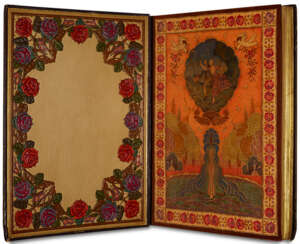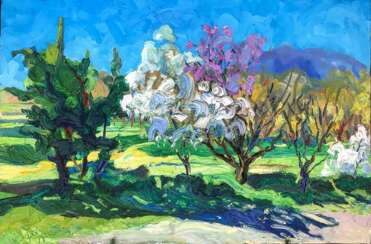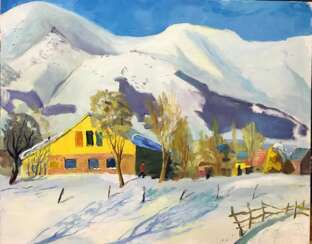tigran

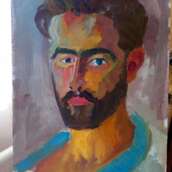
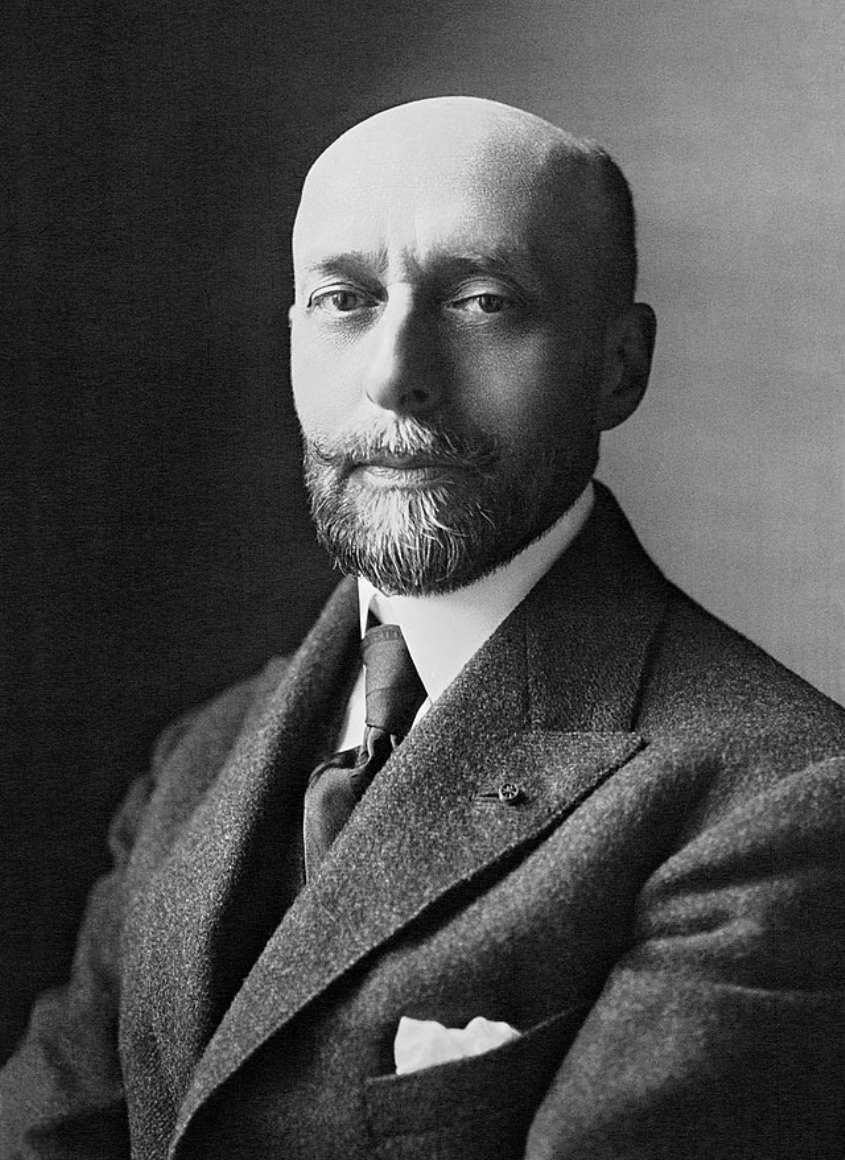
René Boylesve, birth name René Marie Auguste Tardiveau, is a French writer and literary critic, a member of the Académie Française.
Boylesve was educated at Poitiers, Tours, and Paris, studying humanities and fine arts, natural sciences, and law. Ten years later, under his mother's maiden name, he wrote his first novel, The Physician of the Lady of Nean (1894). These were followed by other books, and then came the series known as the "Touraine novels": "Mademoiselle Cloke" (1899), "Beke" (1901), "The Child at the Balustrade" (1903), "The Educated Girl" (1909) and others. In these works, the author expertly depicts the mores of the provincial petty bourgeoisie. With a richly detailed style and characteristic irony Boylesve tells about the triumph of conventional values over artistic and spiritual aspirations.
In 1918 René Boylesve was elected a member of the French Academy.

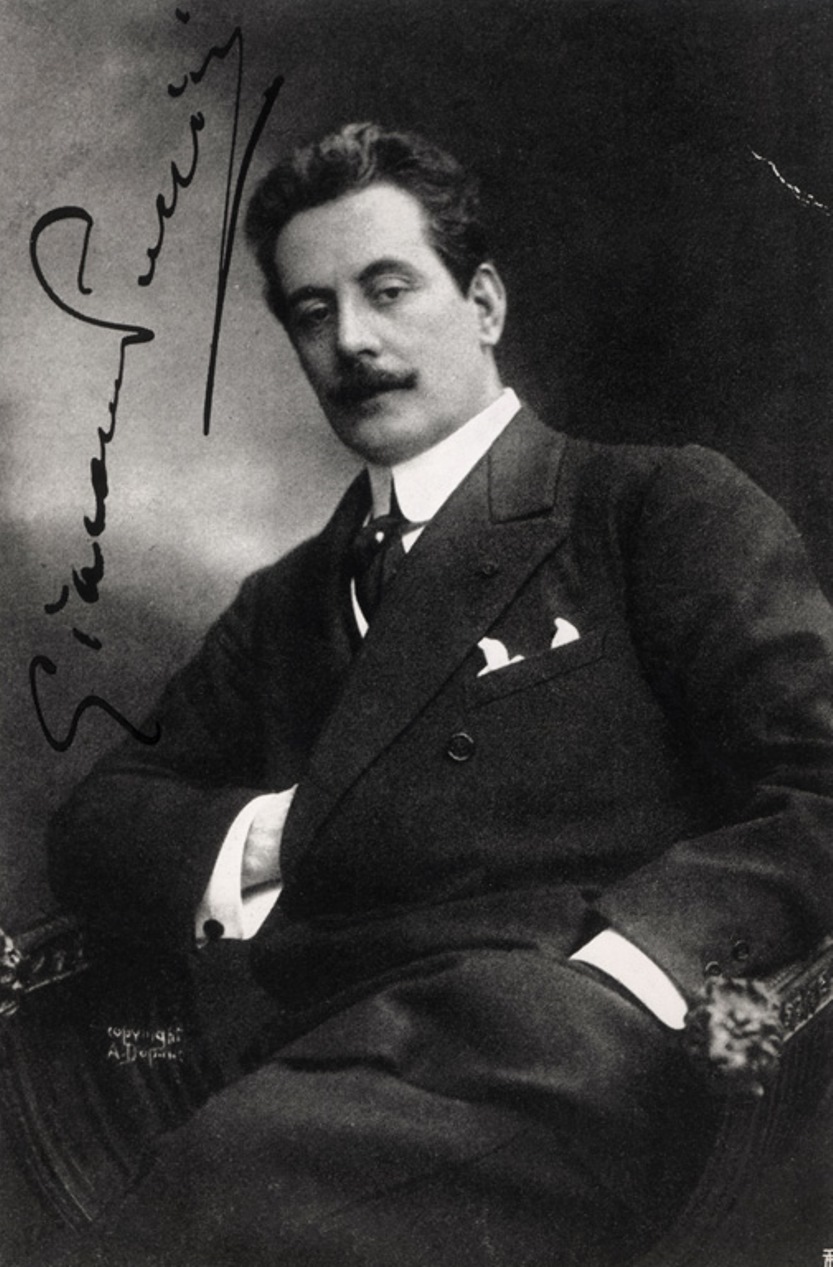
Giacomo Puccini, full name Giacomo Antonio Domenico Michele Secondo Maria Puccini, was an Italian opera composer, organist and choirmaster.
Puccini was born into the family that for two centuries directed the musical organization of the Cathedral of San Martino in Lucca, and the young musician inherited the position of cathedral organist until his adulthood. He also played organ in small local churches. Giuseppe Verdi's opera Aida, which he saw in Pisa in 1876, was a boost for him and he entered the Milan Conservatory in 1880.
Puccini carefully studied contemporary operatic compositions, particularly the work of Claude Debussy, Richard Strauss, Arnold Schoenberg, and Igor Stravinsky. Soon he wrote Triptych (1918), three one-act operas - the melodramatic The Cape, the sentimental Suor Angelica and the comic Gianni Schicchi. Puccini's other mature operas are La bohème (1896), Tosca (1900), and Madama Butterfly (1904).
The composer did not manage to finish his last opera, Turandot - he died of cancer with its score in his hands. This work is the only Italian opera in the Impressionist style. Puccini is also considered the greatest representative of opera realism, as well as the Verismo movement in music, attempting to faithfully portray the social and psychological conflicts of the new national-historical reality after the unification of Italy.







